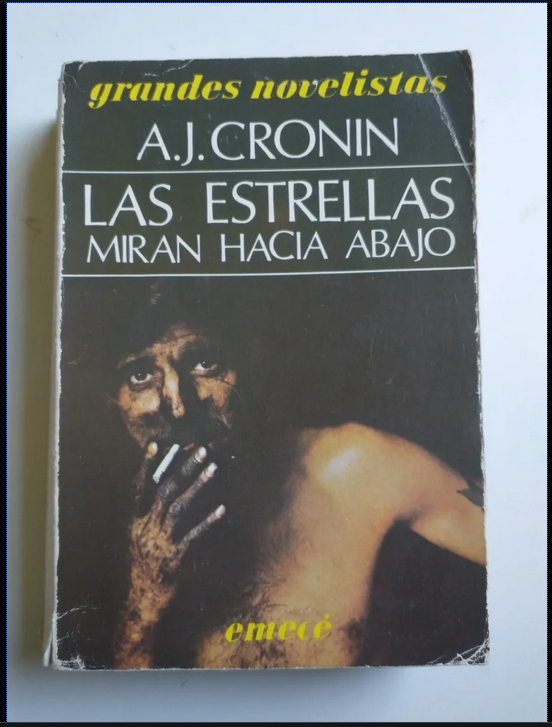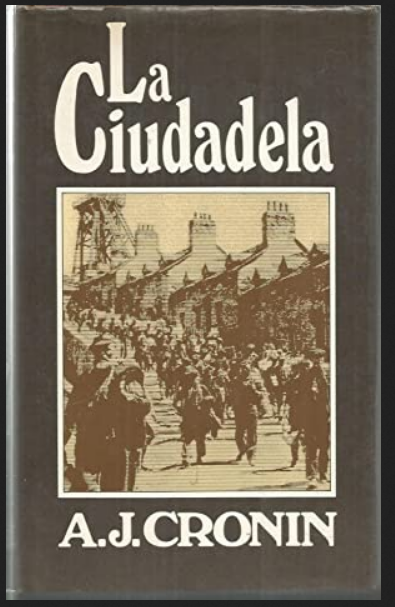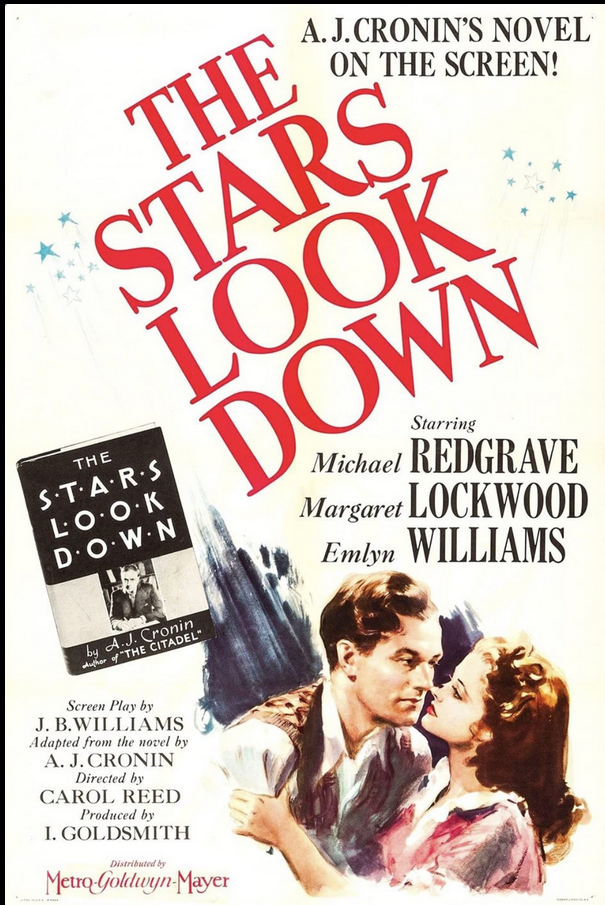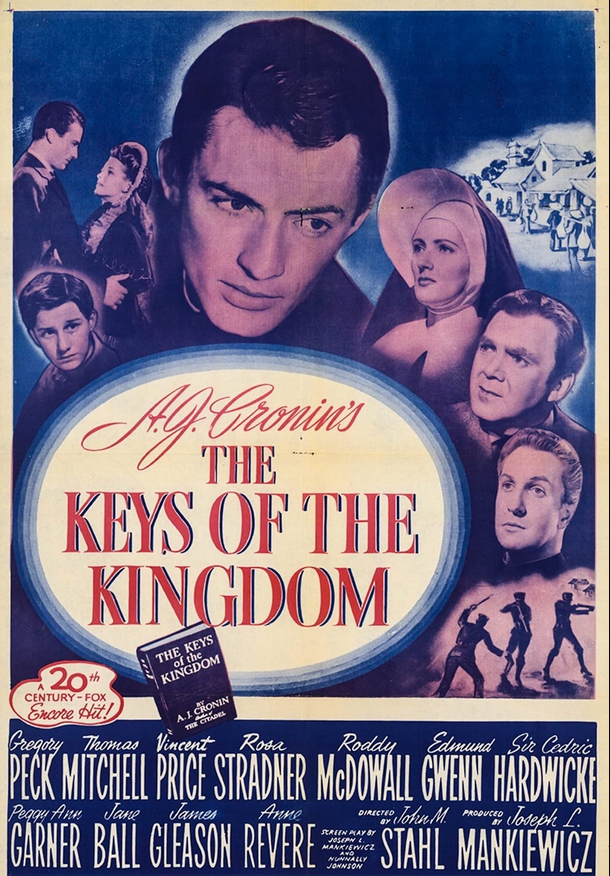
Hola amigos literarios de #BLURT. Normalmente en esta comunidad trato de escribir alguna reseña de libros que he leído, hace poco o hace mucho, pero que he leido y de los cuáles conservbo un grato recuerdo.
Y al recordar algunos títulos mi memoria va a los autores (en muchos casos a los mismos traductores) ya que viviendo la mitad de mi vida en Europa (sobretodo en Italia) y siguiendo cultivando mi pasión por la lectura tuve que adaptarme no solo a manejar perfectamente el italiano -entre otros idiomas- sino también a habituarme a leer los libros en ese idioma.
Y recuerdo incluso algunos traductores y valoro muchísimo su esfuerzo. A punto tal de encontrarme más cómodo leyendo un libro originalmente escrito en inglés y traducido luego en italiano que a leer ese mimo libro traducido en un español netro, con modismo y usos a veces hasta dialetales a los cuales no estoy acostumbrado.
Recuerdo perfectamente las traducciones de Tullio Dobner de los libros de John Grisham o de Sebastiano Fusco de los libros de H.P.Lovecraft. maestro del suspenso y el horror.
Pero no es de traducciones que hoy quiero hab larles sino de autores.
Recuerdo haber leído hace muchos años en español y luego releído en italiano los libros de A. J. Cronin (iniciales de Archibald Joseph Cronin), un escritor escocés del siglo XVIII, autor de novelas inolvidables como Las Estrellas Miran Hacia Abajo, La Ciudadela, Los Verdes Años o Las Llaves del Reino, entre otras en las cuáles mazclaba siempre conocimientos médicos (él mismo lo era), realismo, algo de romance y una profunda crítica social.
Tenía la particularidad de ser un notable observador dotado de una admitable descripción gráfica de sus personajes.
Recuerdo sobretodo Las Estrellas Miran Hacia Abajo publicada en el año 1935 donde relataba las injusticias sufridas por una comunidad minera inglesa y La Ciudadela que relata las peripecias de un joven e idealista médico escocés en una ciudad mineraria en Gales del Sur.
No es una casualidad que el tema central de varios de sus libros haya sido el maltrato que sufrían los mineros.
Antes de abandonar su carrera como médico y dedicarse por entero a la literatura había sido inspector comunitario de las comunidades mineras del Gales y en tal cindición había sido testigo presencial de las paupérrimas condiciones de vida que soportaban los mineros.
Su primera novela es El Castillo del Odio de 1931 que obtiene en seguida un suceso muy vasto siendo traducido en cinco lenguas. En 1932 escribe Tres Amores donde la protagonista se divide sufriendo entre el amor por el mardo, por el hijo y por Cristo.
La siguiente novela Gran Canaria señala un intervalo en su vida literaria marcada por el estrés nervioso y una peligrosa adicción al alcoholismo.

Después de un par de años, en 1935, publòica una de sus mejores obras: Las Estrellas Miran Hacia Abajo, una historia que mezcla conflictos sociales y sentimentales teniendo como fondo las mineras de Gales.
De ahi en más sigue una escalera de novelas que solo se concluiró con su muerte en Suiza en 1981.
Pero lo llamativo de A. J.Cronin es la ausencia de su obra en la mayor parte de las bibliotecas del mundo. En una de las pocas veces que la crítica se ha interesado en él ha dicho: "Cronin no es un escritor, es una biblioteca" haciendo mención a la impresionante cantidad de traducciones y nuevas ediciones de toda su obra literaria en el mundo entero.
Y estamos hablando del período anterior a la Segunda Guerra Mundial para tener una idea. Ediciones y nuevas traducciones que aún se siguen haciendo al dìa de hoy.
Pero lo más raro de todo es encontrar en una biblioteca algún elemento (libro, reseña, crítica literaria) que hable de la narrativa de Cronin.
Es como si sus libros hubieron sido cubiertos con el piadoso velo del olvido.
Hasta hace algunos años circulaba en los ambientes literarios algo así como una leyenda que sostenia la existencia de la "maldición de los best sellers" hasta mediados del siglo pasado. Donde al vértice del suceso venía con el pasar del término el abismo del olvido.
Tal vez en realidad Cronin haya sido víctima, en su tiempo, del uso de palabras en sus novelas como "amor", "pudor", "fe" y "deber" entre otras aplicados dentro del ámbito religioso.
Y esta libre interpretación de su estilo literario no parece haber agradado demasiado a un sector victoriano de la cultura anglosajona que, pasado el entusiasmo inicial de sus fieles lectores, no dudó en ocultar sus escritos y sus pensamientos en algo que. en la actualidad, y usando un términbo muy en voga, diríamos un verdadero y propio "baneo literario"

Hello literary friends of #BLURT. Normally in this community I try to write some review of books that I have read, recently or long ago, but that I have read and of which I keep a pleasant memory.
And when I remember some titles my memory goes to the authors (in many cases to the translators themselves) since living half of my life in Europe (especially in Italy) and continuing to cultivate my passion for reading, I had to adapt myself not only to be fluent in Italian -among other languages- but also to get used to read books in that language.
And I even remember some of the translators and I appreciate their efforts. To the point of finding myself more comfortable reading a book originally written in English and then translated into Italian than reading the same book translated into a clear Spanish, with idioms and sometimes even dialectal usages to which I am not accustomed.
I perfectly remember Tullio Dobner's translations of John Grisham's books or Sebastiano Fusco's translations of H.P. Lovecraft's books, master of suspense and horror.
But it is not about translations that I want to talk to you today, but about authors.
I remember having read many years ago in Spanish and then reread in Italian the books of A. J. Cronin (initials of Archibald Joseph Cronin), a Scottish writer of the eighteenth century, author of unforgettable novels such as The Stars Look Down, The Citadel, The Green Years or The Keys of the Kingdom, among others in which he always mixed medical knowledge (he himself was one), realism, some romance and a deep social criticism.
He had the particularity of being a remarkable observer gifted with an admirable graphic description of his characters.
I remember above all The Stars Look Down, published in 1935, in which he recounted the injustices suffered by an English mining community, and The Citadel, which recounts the adventures of a young and idealistic Scottish doctor in a mining town in South Wales.
It is no coincidence that the central theme of several of his books has been the mistreatment of miners.
Before abandoning his career as a doctor and devoting himself entirely to literature, he had been a community inspector in the mining communities of Wales, and in that capacity he had been an eyewitness to the poor living conditions endured by the miners.

His first novel is The Castle of Hate of 1931, which immediately obtained a vast success and was translated into five languages. In 1932 she wrote Tres Amores (Three Loves) where the protagonist is divided between her love for her husband, her son and Christ.
The following novel Gran Canario marks an interval in her literary life marked by nervous stress and a dangerous addiction to alcoholism.
After a couple of years, in 1935, he published one of his best works: The Stars Look Down, a story that mixes social and sentimental conflicts against the backdrop of the Welsh mines.
From then on, a ladder of novels followed, which only came to an end with his death in Switzerland in 1981.
But what is striking about A. J. Cronin is the absence of his work in most of the world's libraries. In one of the few times that critics have been interested in him, they have said: "Cronin is not a writer, he is a library", referring to the impressive number of translations and new editions of all his literary work all over the world.
And we are talking about the period before World War II to get an idea. Editions and new translations that are still being made today.
But the rarest thing of all is to find in a library any item (book, review, literary criticism) that speaks of Cronin's narrative.
It is as if his books had been covered with the pious veil of oblivion.
Until a few years ago, something like a legend circulated in literary circles that sustained the existence of the "curse of the best sellers" until the middle of the last century. Where at the apex of the event came with the passing of the term the abyss of oblivion.
Perhaps in reality Cronin was a victim, in his time, of the use of words in his novels such as "love", "modesty", "faith" and "duty" among others applied within the religious sphere.
And this free interpretation of his literary style does not seem to have pleased too much a Victorian sector of the Anglo-Saxon culture that, after the initial enthusiasm of his faithful readers, did not hesitate to hide his writings and his thoughts in something that, nowadays, and using a term very much in vogue, we would say a true and proper "literary ban".

Posteo cruzado / Crossposting.



It is a pleasure for us to share our best wishes and congratulations. You have been given a virtual hug by the curation account @newvisionlife and manually curation by @OneRay.
Life never ends and there are new ways to see it. Tell us yours in our community
Es un placer para nosotros compartir nuestros mejores deseos y felicitaciones. Usted ha recibido un abrazo virtual de la cuenta de curación @newvisionlife y curado manualmente por @OneRay
La vida nunca termina y hay nuevas formas de verla. Cuéntanos la tuya en nuestra comunidad
Gracias a todo el equipo de @newvisionlife y en particular a @OneRay por apoyar, curar y seleccionar mis contenidos.
Hi @argenvista, great news! Your content was selected by curators @oneray, @nalexadre to receive a special curation from BeBlurt 🎉 Don't hesitate to upvote this comment as the curators will receive 80% of the rewards for their involvement.
You can support us by voting for our witness, our decentralized funding proposal, or through delegation. You're also welcome to join our Discord server 👉 https://discord.beblurt.com
Thanks to the entire @beblurt team and in particular to @oneray and @nalexadre for supporting, curating and selecting my content.
Upvoted. Thank You for sending some of your rewards to @null. Read my last posts to make sure that BLURT burning is profitable for you. Before using this bot please make sure your account has at least 100 BP. Get more BLURT:
@ mariuszkarowski/how-to-get-automatic-upvote-from-my-accounts@ blurtbooster/blurt-booster-introduction-rules-and-guidelines-1699999662965@ nalexadre/blurt-nexus-creating-an-affiliate-account-1700008765859@ kryptodenno - win BLURT POWER delegationThanks @ctime, @mariuszkarowski, @blurtbooste, @nalexadre and @kryptodenno!